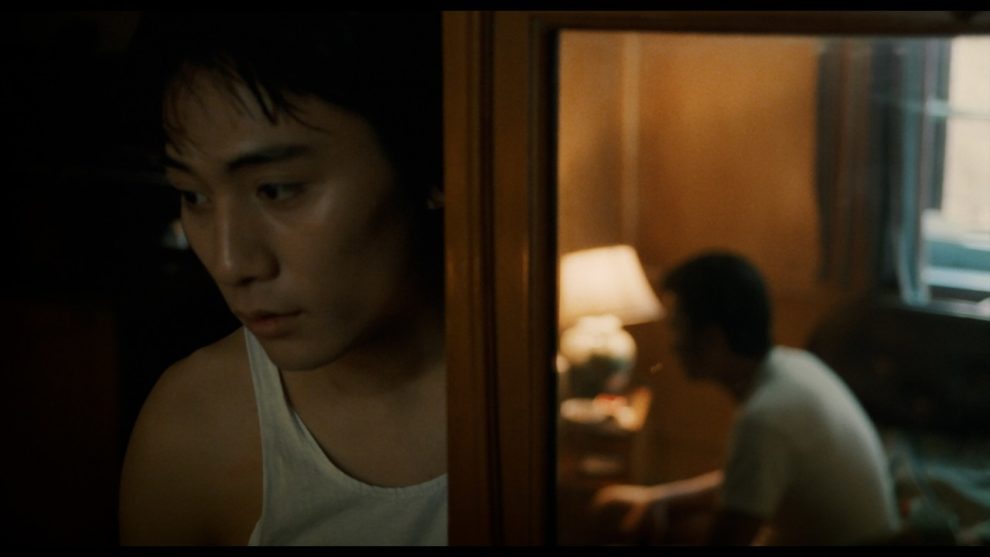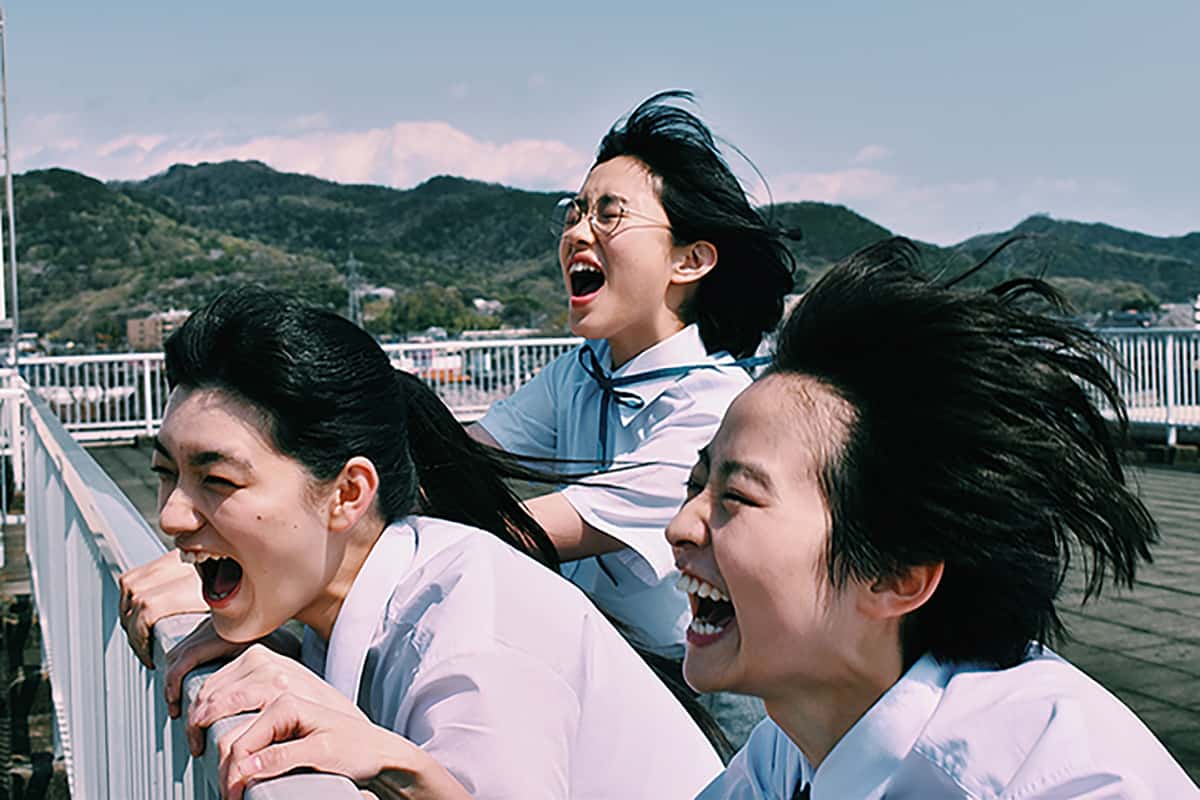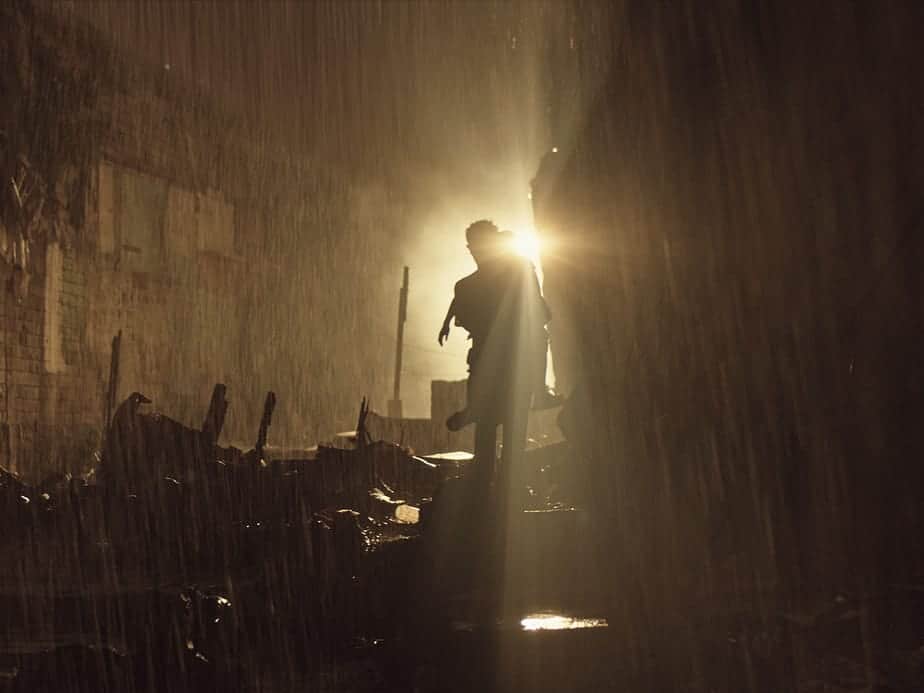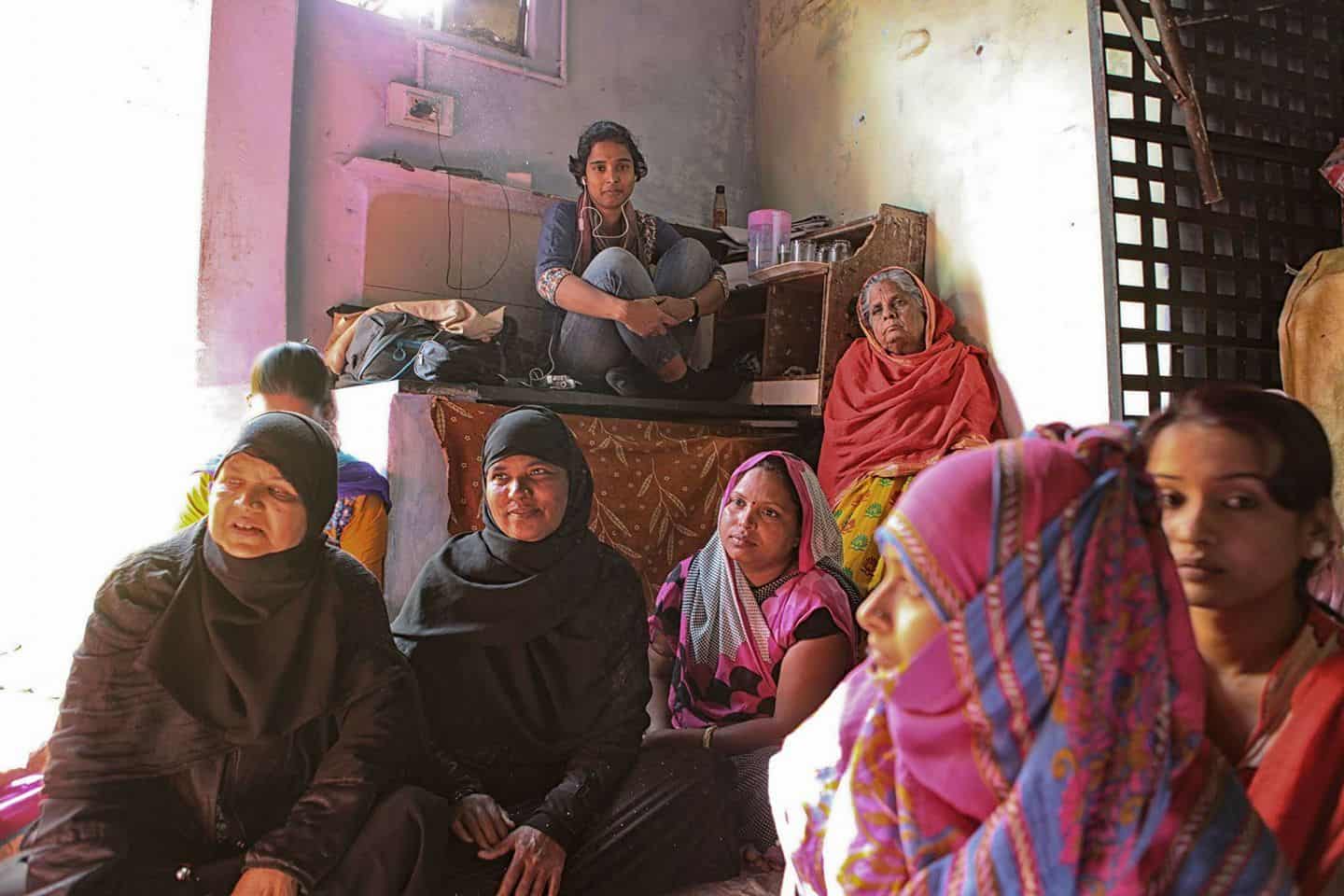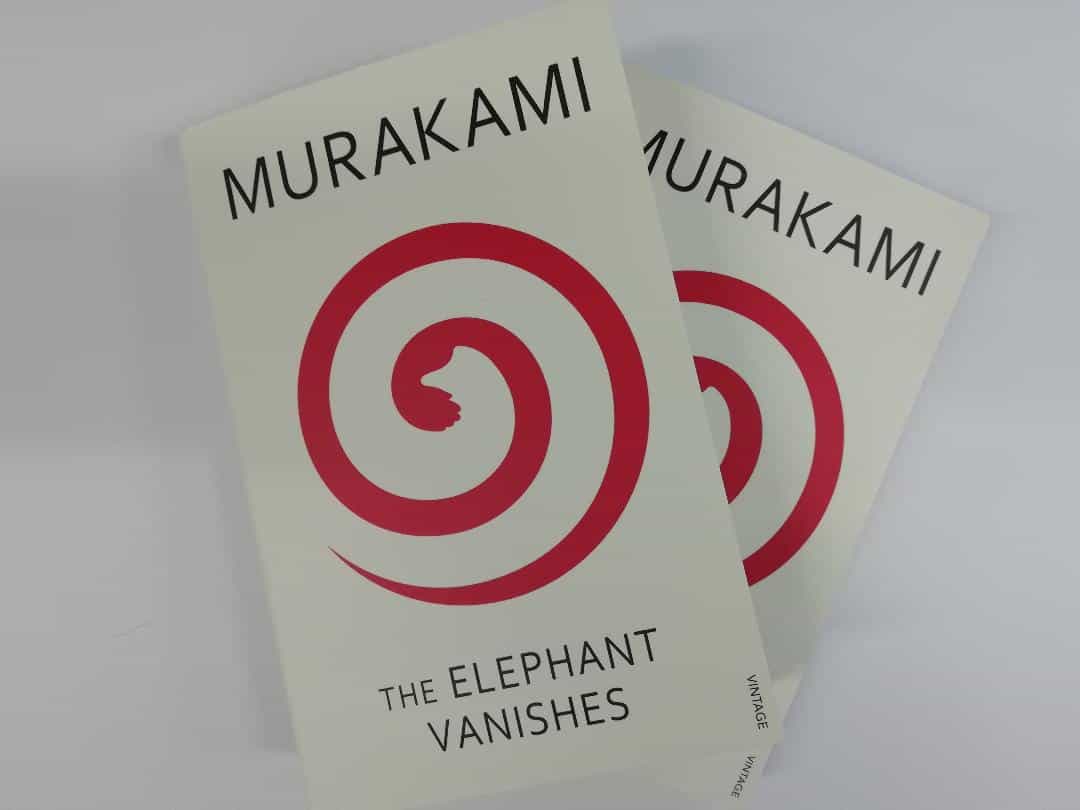Based on a novel published anonymously on the internet in 1998, which became quite popular among the gay communities, “Lan Yu” was shot mostly in Beijing, without government permission, and only received a brief mainland Chinese run during the Film Association of Beijing University-sponsored ‘'China's First Gay Film Festival'' at Peking University in December 2001. Outside of China, however, the movie won numerous awards in various movie festivals throughout Hong Kong and Taiwan, including Liu Ye's win for Best Actor at Taiwan's 38th Golden Horse Awards. It was also an official selection at many major film festivals, including Sundance and Cannes. Now, the film has received a gorgeous 4K restoration, which has already started its festival run.
Lan Yu is screening at CineCina Film Festival
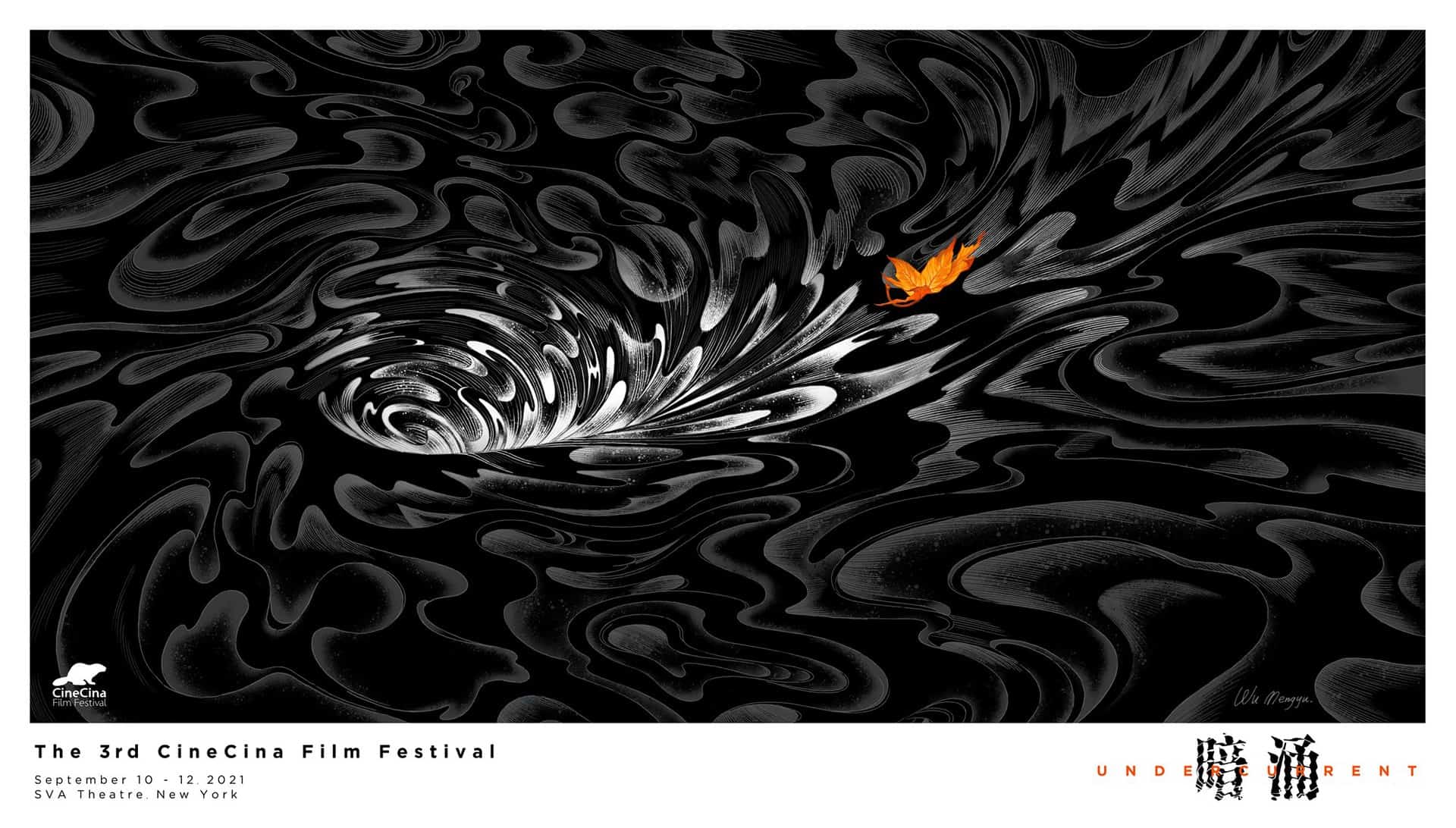
The story begins in Beijing in 1988 where good-looking, successful businessman Chen Handong is living the life of the entrepreneurial boss, filled with success, partying, and people eager to serve. The most dedicated of those is Lii Zheng, who is also one of the few that knows his employer's secret, that he prefers men to women, and the one also responsible for providing him male prostitutes. The latest one, however, Lan Yu, a poor, handsome country boy who has come to Beijing to study architecture and is willing to try anything to get some money, seems like a completely different deal, with Lii Zhen essentially introducing him to his sexuality, before he takes him under his wing on a number of levels. While Lan Yu remains faithful, the same does not apply to his “patron”, who keeps having one-night stands, while at some point, he even gets married. Their fights, break ups and coming back together shape their relationship for years, always following the same pattern, despite the changes that seem to affect the whole world around them.
Stanley Kwan creates a rather realistic portrait of a gay relationship, particularly because he does not succumb into any kind of sensualization, at least for the most part. At the same time, and by analyzing the relationship and its ups and downs to the fullest, he also manages to analyze his characters quite thoroughly, thus enabling the audience to empathize with them. In that fashion, the chemistry that results from the antithesis between the rich, self-centered Lii Zheng, and the poor, dedicated and always willing “to give” Lan Yu emerges as the most interesting aspect of their relationship, also because it seems to highlight that people do not really change, even due to world shattering events. This last aspect also allows Kwan to make some socio-political comments, regarding the Tiananmen square events, although his approach in that regard is almost too careful.

This aspect benefits the most from the acting, as both Ye Liu as Lan Yu and Huatong Li as Liu Zheng give great performances, highlighting their differences, as much as the reasons that they are together. The latter's role, however, is definitely meatier, and he truly shines throughout the movie, with the metastrophe and the regret he exhibits after a point, being rather impressive.
Also of interest is the relationship between Lii Zheng and Lin Zinping, with her rather intuitive character creating an intriguing reasoning regarding the decision of both to get married, as exhibited in the brief marriage scene. Jin Su is rather good in the part, although, unfortunately, Kwan chose not to explore the arc further, with the lack of reasons behind the divorce being almost enervating. This aspect brings us to a common issue in Kwan's films, who once more, creates captivating characters, but fails to come up with an equally worthy main story, which seems to exist just to provide a background for the protagonists. The various flash-forwards in the story, which definitely take some time to realize, are a testament to the fact, with the aforementioned marriage episode being the most obvious. In that regard, and although the rhythm implemented by William Chang's editing is quite fitting for the narrative, it definitely fails in that aspect, even under the prism of the utter focus on a relationship that deems even history irrelevant.
Aesthetically on the other hand, the movie is magnificent. The way Tao Yang and Jian Zhang have captured the various spaces, particularly through the implementation of the shadows and the lighting is exceptional, also because it seems to state the whole space around them is shaped by their relationship and overall actions. The fact that their affair only seems to thrive in dark, almost claustrophobic spaces can also be perceived as a comment regarding all gay relationships in China at the time.
“Lan Yu” exhibits the usual issues of Kwan's cinema, but the portrayal of the relationship, the acting, and the cinematography are so great, that the faults are barely noticeable in the end, in a rather excellent movie.


